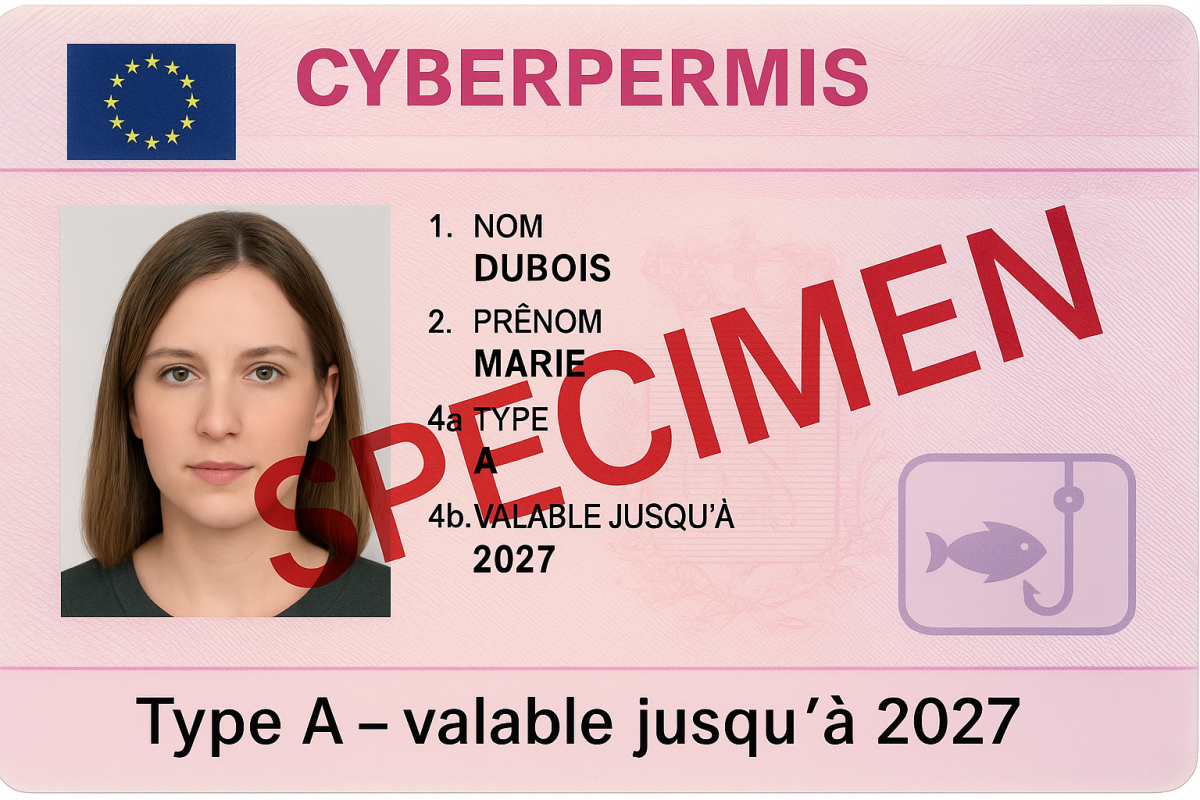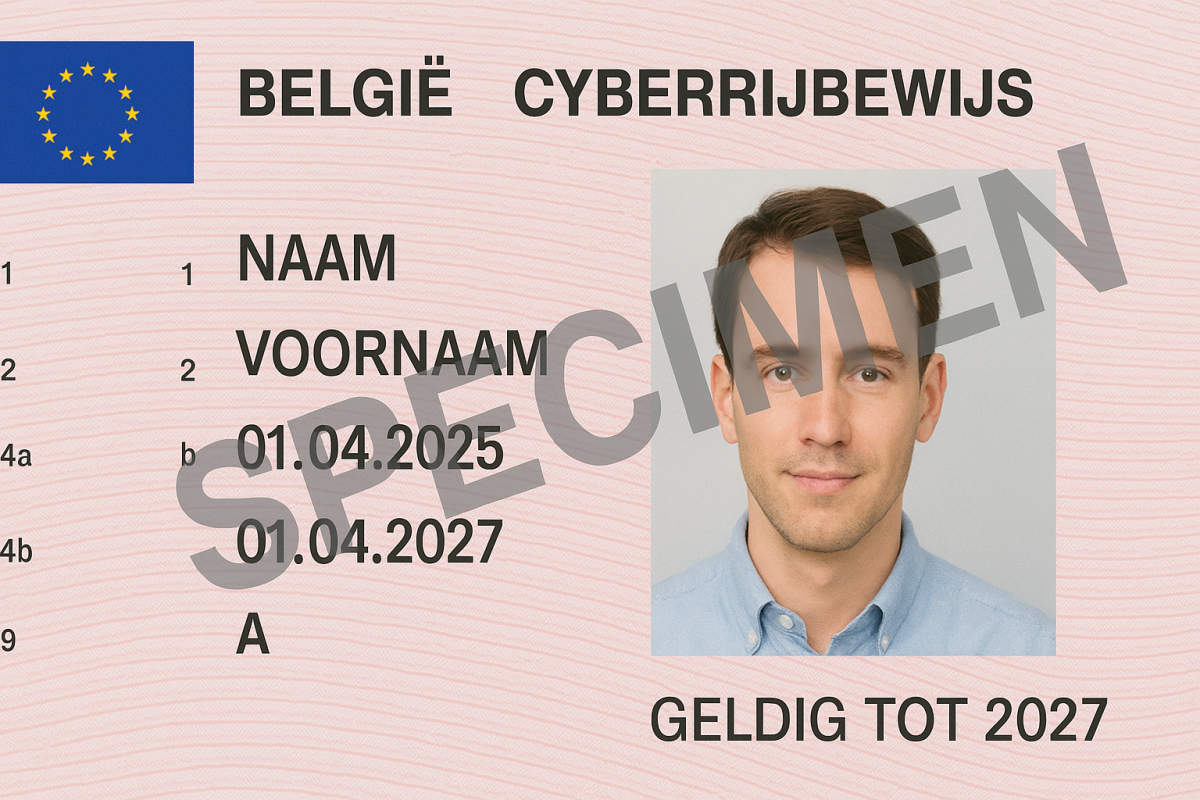On 1 April, a striking message appeared at the Centre for Cyber Security Belgium (CCB): from 2026, a compulsory cyber driving licence would be required to still access the internet.
The message seemed implausibly absurd and it was meant to be. It was about an April 1 joke that makes you laugh first and think afterwards.
🧠 Smiling, and then... thinking about something serious
The cyber driving licence does not exist, but the idea that we all need to become better at dealing with digital dangers? There is something to that. Every year, thousands of Belgians fall victim to phishing, malware or online fraud. And many people still do not know how to protect themselves online.
Weekly sensitisation in April
Therefore, during the month of April, Safeonweb.be will help you unmask the most common scams spread via the internet, SMS or phone.
🔎 Phishing, quishing, smishing, vishing - they seem like crazy words, but they hide real attempts to steal your personal data or money. Don't be fooled.
What types of phishing exist?
- Phishing (via e-mail) : Scammers send fake emails that look like messages from real companies, such as your bank or a web shop. In these emails, they ask you to share personal details or click on a link to a fake website.
- In smishing (via text message), fraudsters send misleading text messages. They pretend to be from a trusted organisation and try to get you to click on a dangerous link or share personal information.
- Quishing (via QR code): In this, scammers use QR codes to lure you to a fake website. They stick fake QR codes on posters, pay machines or menus. Always check that a sticker has not been pasted over an official code!
- Vishing (by phone) involves fraudsters calling you and pretending to be someone from your bank or another trusted agency. They try to convince you to give confidential information or transfer money.
What can you do?
✅ Stay tuned every week this month via our social media channels to learn how to recognise and avoid these scams.
✅ Take the test yourself via the training modules on https://surfwithoutworries.safeonweb.be/
✅ Talk about it. Share this information with your friends and family - especially those who are especially vulnerable online.
✅ Be vigilant of unsolicited e-mails, text messages or phone calls.
✅ Never give out personal or financial information if you don't trust the message.
✅ Check the authenticity of messages by contacting the organisation directly through official channels.
✅ Do not click on links or scan QR codes from unknown or suspicious sources.
✅ Do not click on a link in a suspicious message, open attachments or download apps.
✅ Forward suspicious emails to verdacht@safeonweb.be.
✅ You can also forward suspicious text messages. To do this, simply take a screenshot and send it to verdacht@safeonweb.be . The content of your notification will then be processed automatically.
What to do in case of scams ?
- If you have lost money or are being extorted, we recommend that you file a report with your local police straight away.
- Contact your bank and/or Card Stop on 078 170 170 (+32 78 170 170 from abroad) if you have passed on bank details, money is disappearing from your bank account or if you have transferred money to a scammer. In this way, any fraudulent transactions can be blocked.


